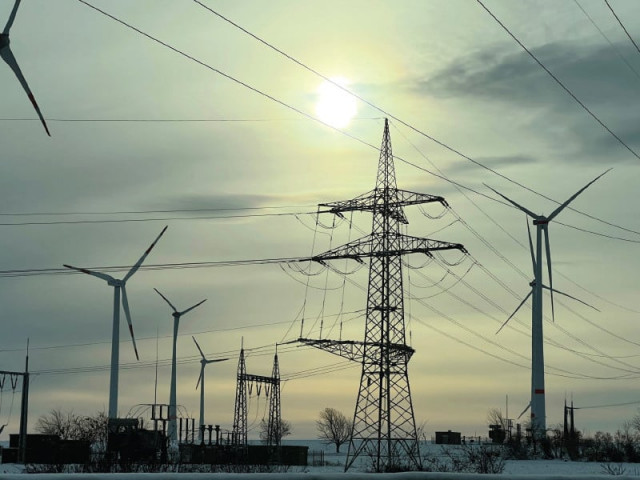Power shortfall rises further by 778MW in a day
Electricity shortage hits 6,623 MW as heat wave persists in country

The electricity shortfall in the county on Thursday rose further to hit 6,623 megawatts amid a persisting heat wave in the country making life difficult for the people with power outages lasting several hours, especially in the rural areas.
A day earlier, the power shortfall in the country had reached 5,845 MW, meaning the shortage grew by 778 MW in a day.
On Thursday, sources said the demand for electricity had surged to 25,800 MW against the production standing at 19,177 MW.
They noted that 5,100 MW of electricity was generated from hydropower plants.
They added that the government’s thermal power plants were generating 1,000 MW.
The production of electricity from the private sector’s power plants stands at 8,650 MW.
The sources said 3,222 MW of electricity was generated from nuclear power plants
Up to 870 MW was produced from wind power plants.
The sources continued that 197 MW was generated from solar power plants.
Similarly, 138 MW of electricity was produced from bagasse.
The sources said power outages continued for eight hours in the country’s rural areas because of the shortfall.
Likewise, the duration of power outages in urban areas has reached four to six hours.
Read Power sector suffers Rs589b loss
Speaking at an event on Wednesday, Petroleum and Water Resources Minister Dr Musadik Malik said in summer, the country's electricity demand reached up to 35,000 MW, while it dropped to 10,000 MW in winter.
"Due to lower electricity prices, higher capacity charges have to be paid, resulting in a circular debt of Rs2.50 trillion, which burdens the economy. Pakistan wants to import gas from Iran but faces difficulties due to sanctions and is striving to obtain concessions similar to other countries."
The power crisis in Pakistan has been a persistent issue, with frequent load shedding affecting both urban and rural areas.
The gap between electricity supply and demand has led to significant disruptions in daily life and economic activities.
Despite various efforts to increase power generation capacity, challenges including an outdated infrastructure, financial constraints, and regulatory hurdles continue to impede progress.
Efforts to diversify energy sources, including investments in renewable energy projects such as wind and solar power, have shown some promise.
However, the reliance on imported fuels and the volatility of global energy prices exacerbate the situation.



















COMMENTS
Comments are moderated and generally will be posted if they are on-topic and not abusive.
For more information, please see our Comments FAQ